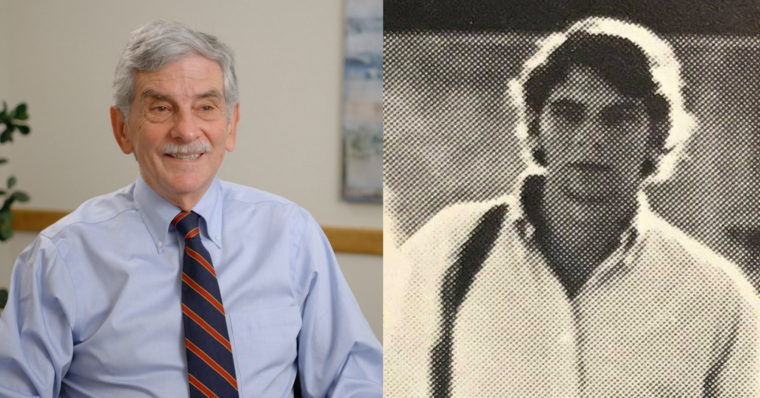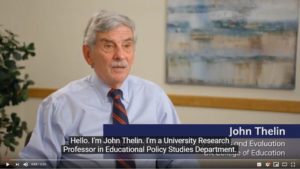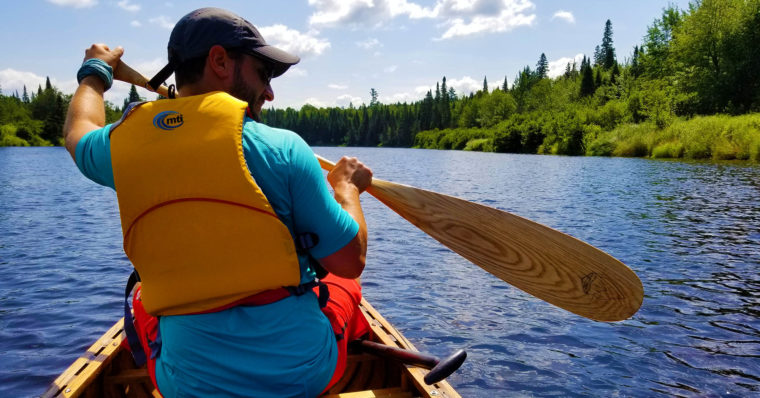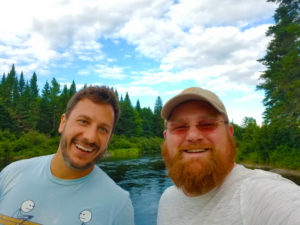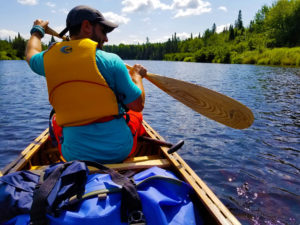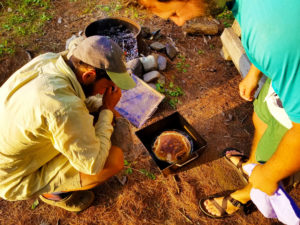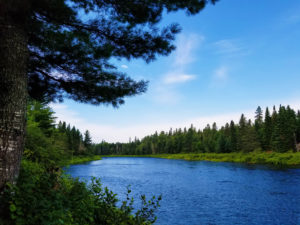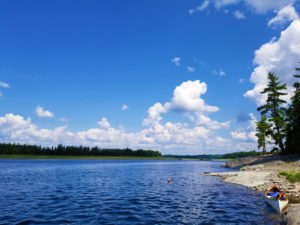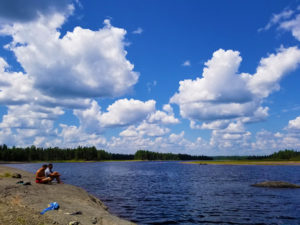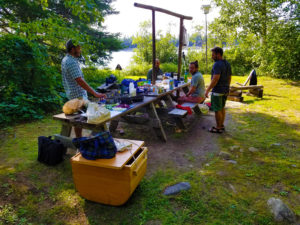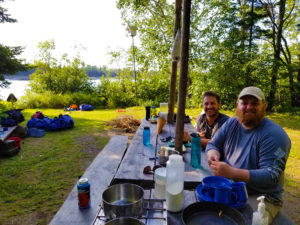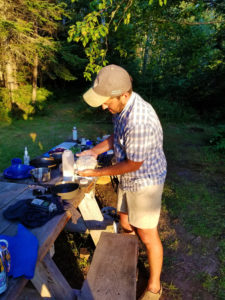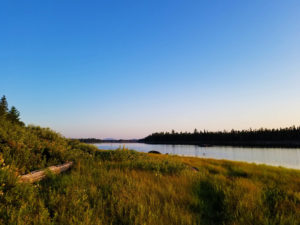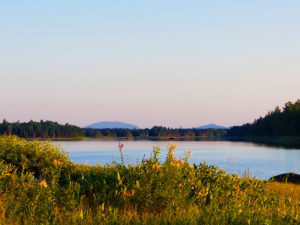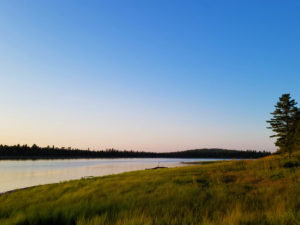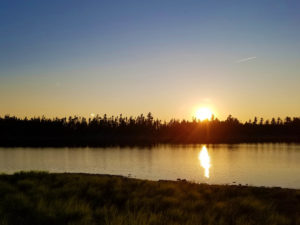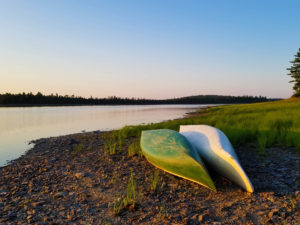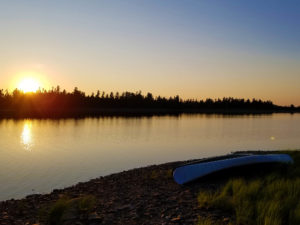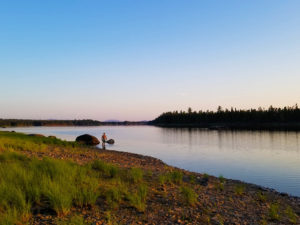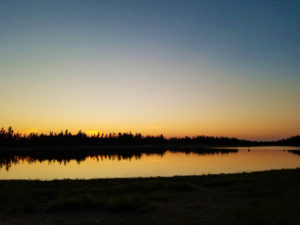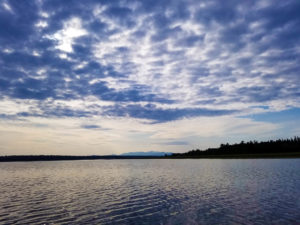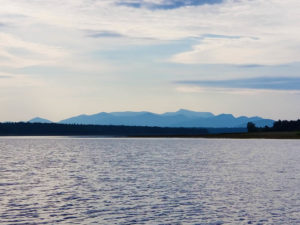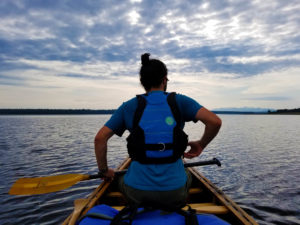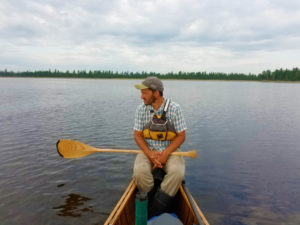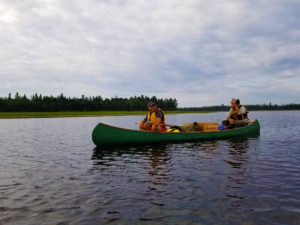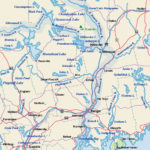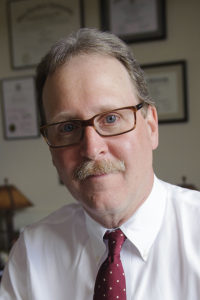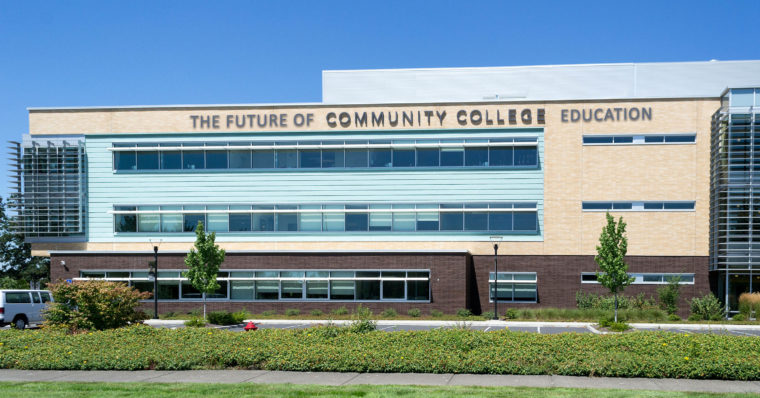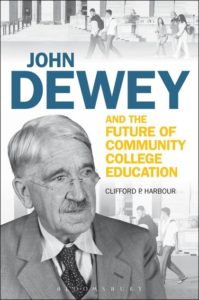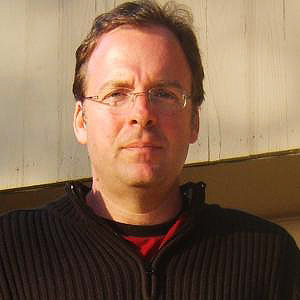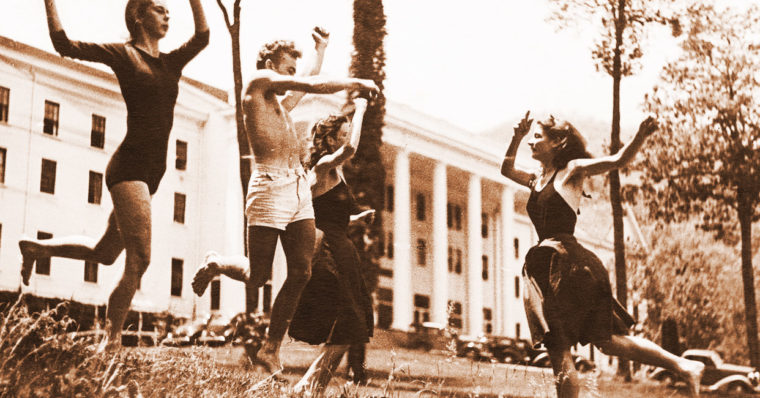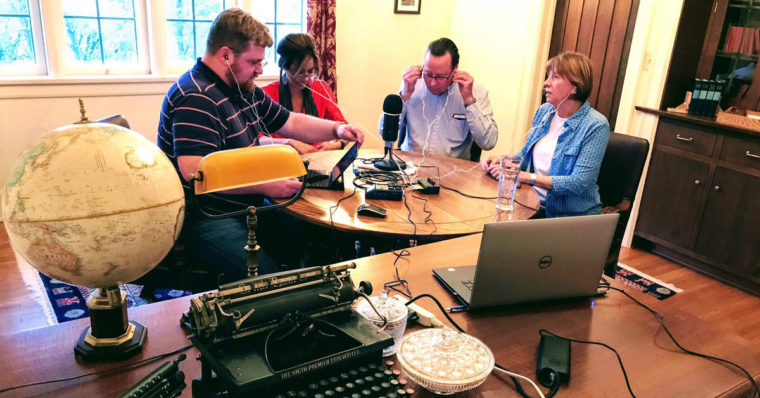In this 87th episode of Philosophy Bakes Bread Eric Thomas Weber and Anthony Cashio interview Dr. John Thelin, University Research Professor of Educational Policy Studies and Evaluation at the University of Kentucky and author of Going to College in the Sixties. NOTE: Dr. Thelin will be holding a book talk on Tuesday, March 5 @ 5pm at the Boone Center at the University of Kentucky – More info here.
John is an historian and author of many books, including his widely read and studied A History of American Higher Education. He was honored in 2004 with a Great Teacher Award and in 2006, he received the University Provost’s Award for Teaching Excellence. In 2007, the American Educational Research Association conferred on him the Exemplary Research Award on Post-secondary and Higher Education Research. John’s further books have included Games Colleges Play, Essential Documents in the History of American Higher Education, as well as a textbook on American Higher Education.
Listen for our “You Tell Me!” questions and for some jokes in one of our concluding segments, called “Philosophunnies.” Reach out to us on Facebook @PhilosophyBakesBread and on Twitter @PhilosophyBB; email us at philosophybakesbread@gmail.com; or call and record a voicemail that we play on the show, at 859.257.1849. Philosophy Bakes Bread is a production of the Society of Philosophers in America (SOPHIA). Check us out online at PhilosophyBakesBread.com and check out SOPHIA at PhilosophersInAmerica.com.
(1 hr, 4 mins)
Click here for a list of all the episodes of Philosophy Bakes Bread.
Subscribe to the podcast!
We’re on iTunes, Google Play, Spotify, Stitcher, and even now on YouTube, and we’ve got a regular RSS feed too!
 Notes
Notes
- Biography of Clark Kerr.
- John Thelin, Going to College in the Sixties.
- Colloquium series event featuring Dr. John Thelin on Tuesday, March 5 at 5pm at the Boone Center at the University of Kentucky.
- Interview on the book with InsideHigherEd.com.
- YouTube video interview of Dr. Thelin on the release of his new book (2mins).
You Tell Me!
For our future “You Tell Me!” segments, John asked the following question in this episode:
“What is the relationship between higher education and jobs?”
Let us know what you think! Via Twitter, Facebook, Email, or by commenting here below.


